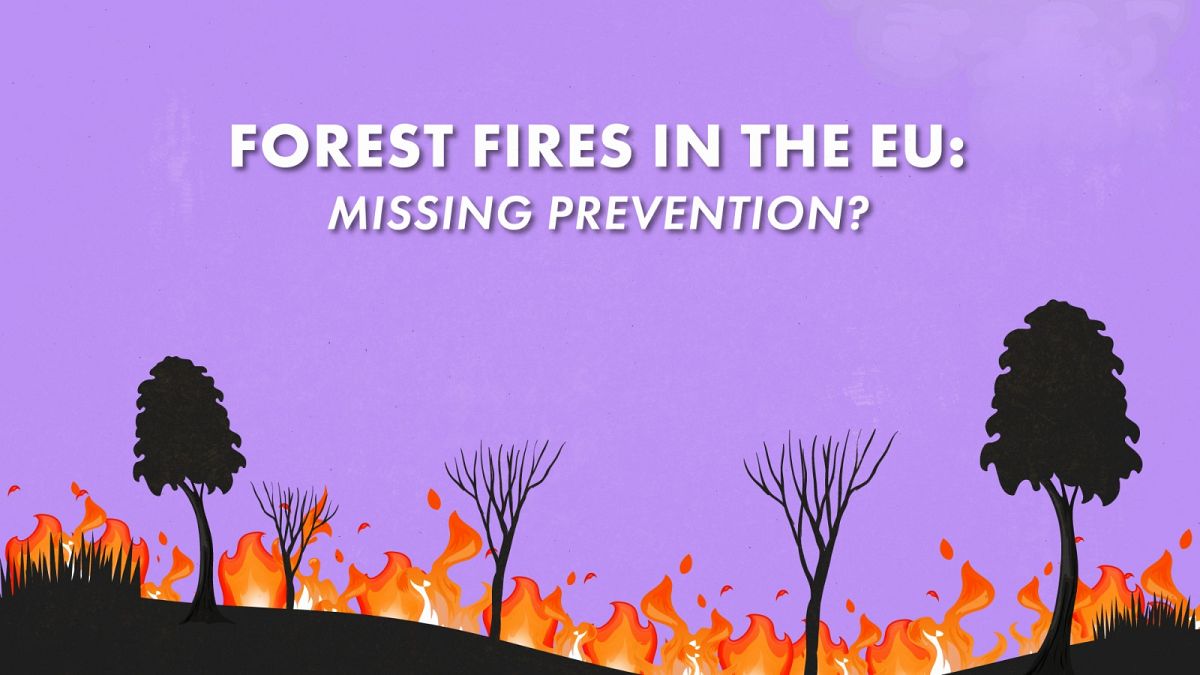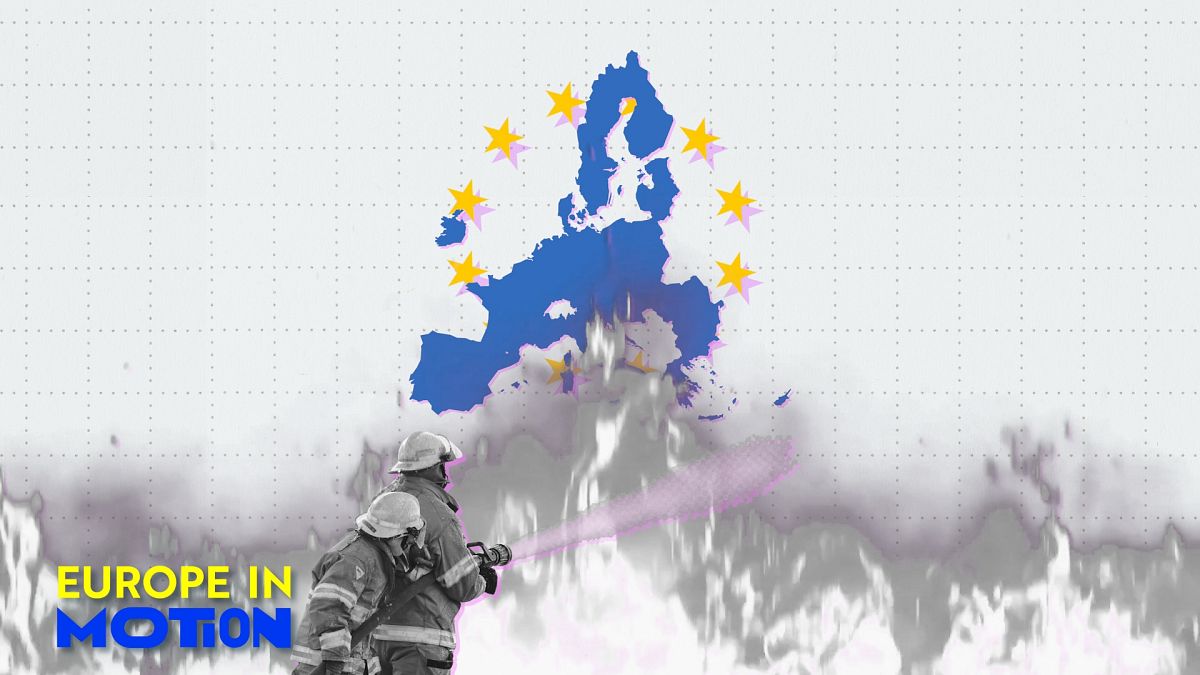Published on
After receiving historic support for the High Seas Treaty at the UN Ocean Conference in Nice, UN Secretary-General António Guterres said on Tuesday that its entry into force is “within sight”.
The treaty, which provides a legal framework for establishing marine protected areas and regulating activities on the high seas, gained momentum on Monday. However, its implementation is not yet guaranteed.
Guterres urged all remaining nations to ratify the pact quickly to make it legally binding.
During his address, he highlighted significant opposition to the treaty’s goals.
“There is a tipping point approaching, beyond which recovery may become impossible. And let us be clear. Powerful interests are pushing us towards the brink,” Guterres stated.
“We are facing a hard battle against a clear enemy. Its name is greed. Greed that sows doubt, denies science, distorts truths, rewards corruption, and destroys life for profit.”
‘We need to fight harder’
If it comes into force, the treaty would be the first legally binding international agreement to protect biodiversity on the high seas, which cover nearly two-thirds of the world’s oceans.
It is considered vital to counter overfishing, end plastic pollution, regulate seabed mining, and meet the global ’30 by 30′ conservation goal, which aims to protect 30 per cent of the planet’s oceans by 2030.
Stressing the urgency, Guterres also reminded delegates that climate change goals cannot be ignored.
“Last year, for the first time, the annual global temperature was 1.5 degrees Celsius hotter than pre-industrial times. Scientists are clear that that does not mean that the long-term global temperature rise limit of 1.5 degrees is out of reach,” he said. “It means we need to fight harder. And the ocean depends on it, and so do we.”
Eighteen countries ratified the treaty on Monday, bringing the total to 49, just 11 short of the 60 needed for the ocean agreement to enter into force.
The surge in support adds momentum to what could become a historic shift in how the world governs the open ocean.















